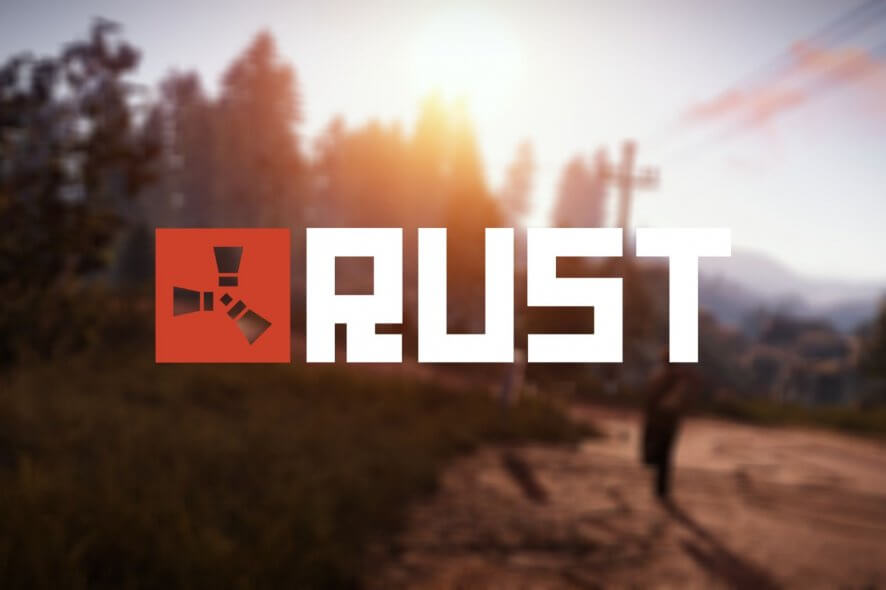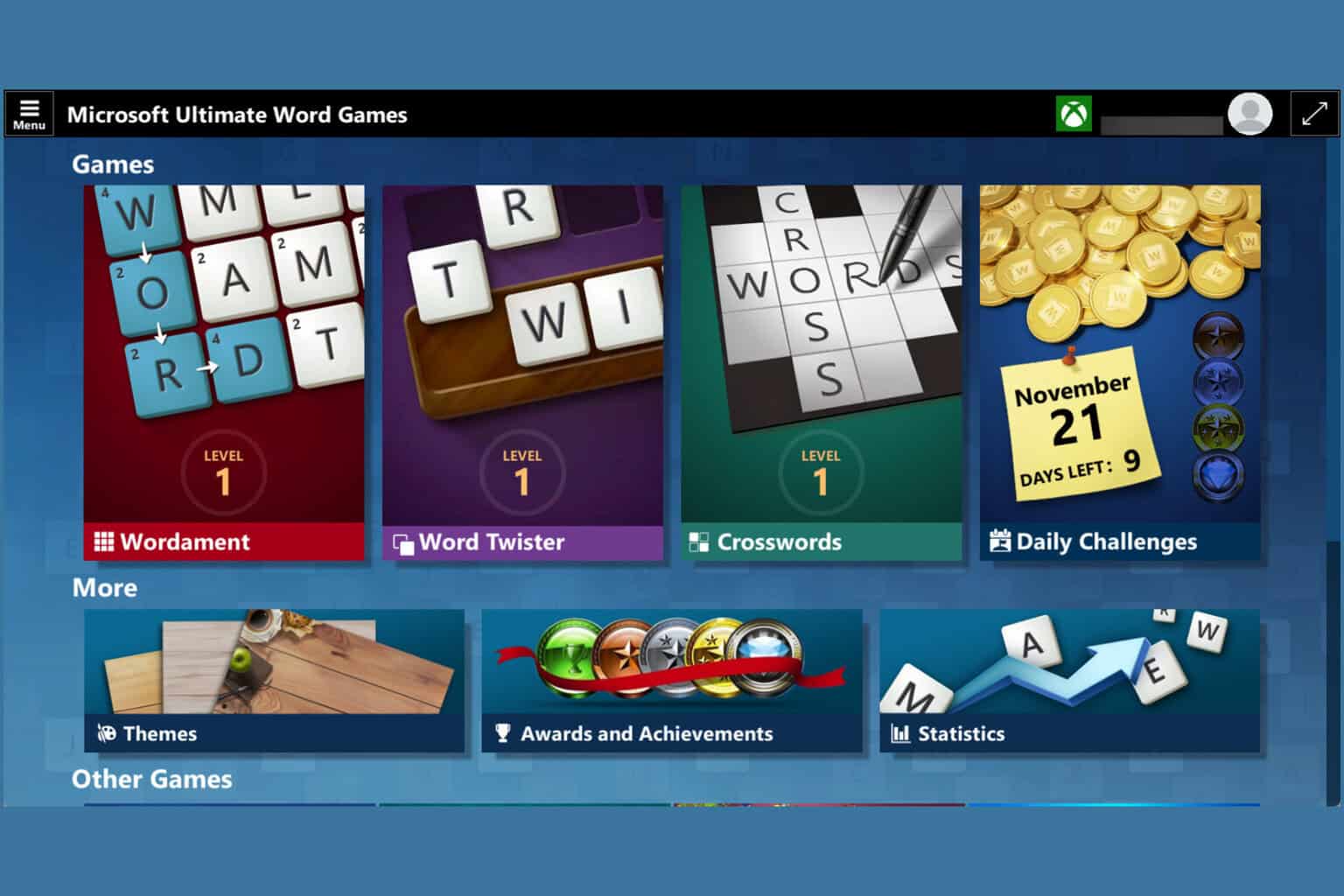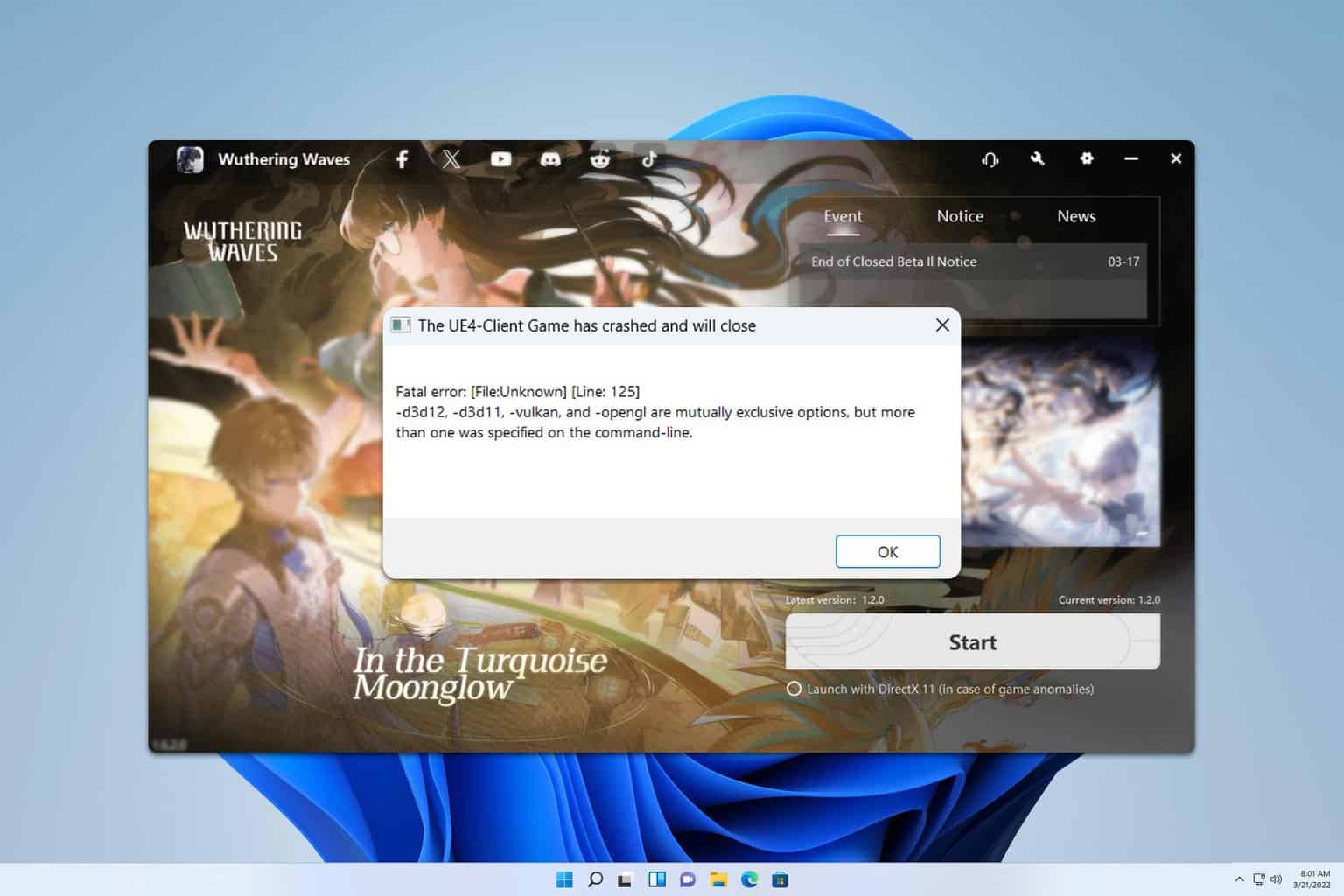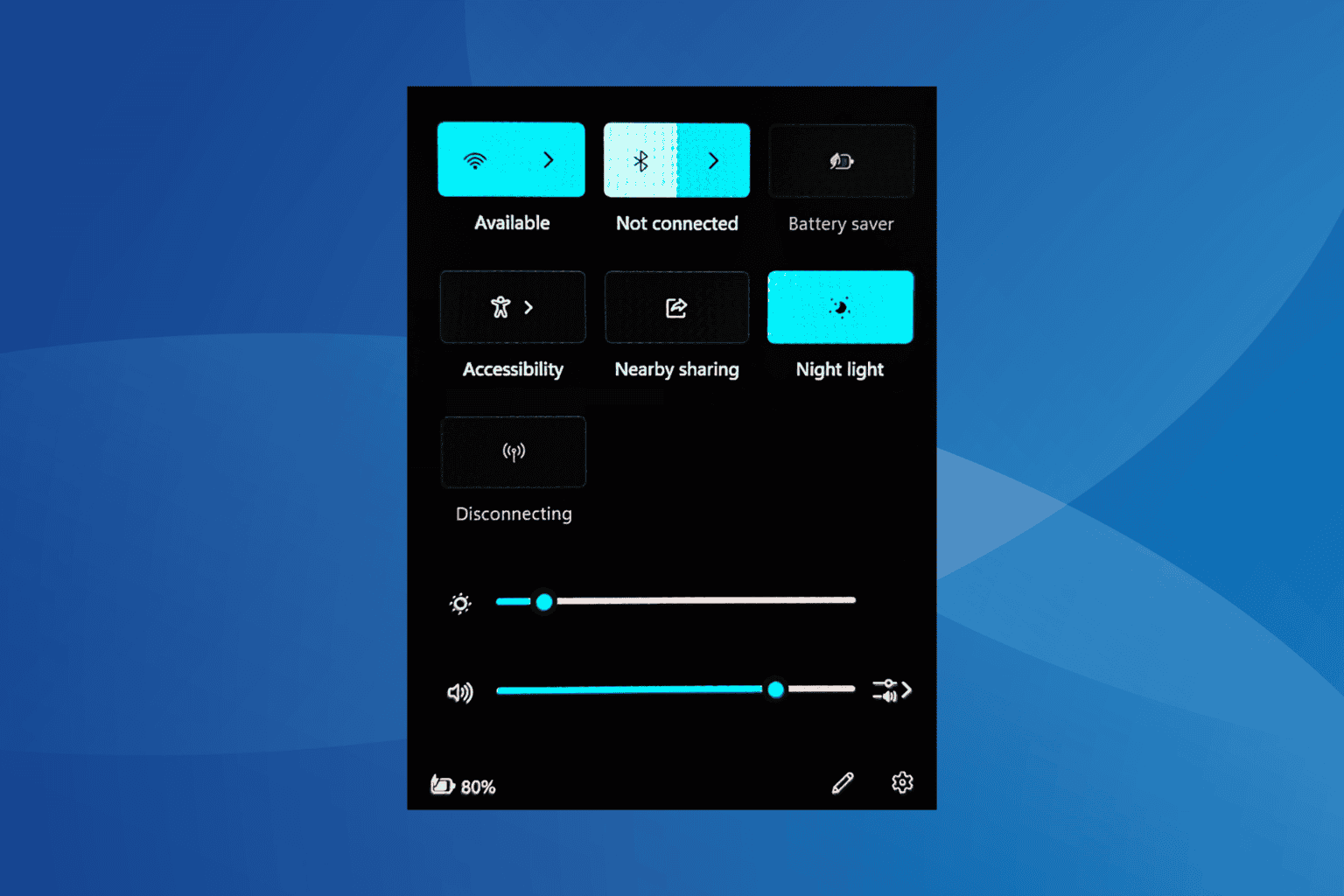Rust Packet Loss: What Is It and How to Fix It?
4 min. read
Updated on
Read our disclosure page to find out how can you help Windows Report sustain the editorial team. Read more
Key notes
- Rust is a survival game where you have to craft your way through victory and avoid exposing yourself to hazards such as other players, wild animals, thirst, hunger, or even cold.
- Since it’s an online game, Rust faces the same technical challenges as other similar games. Namely: high ping, jitter, and the dreaded packet loss.
- Check out our best VPNs to play Rust to improve ping and gameplay.
- Visit our Gaming Hub to discover many more awesome reviews, guides, and news.

When it first came out, Rust was completely something else. You woke up naked somewhere on an island and held a rock. Making your way through wild animals, environmental hazards, and malevolent other players, you had to survive.
Rust allows you to build shelters and craft many items to help you in your adventures, such as clothes, weapons, and food. Well, you don’t craft food, but you’ll need some heat source to prepare it.
The point is, Rust can be equally enjoyable and frustrating. Aside from players who managed somehow to find automated weapons and keep fragging you, some other, more technical issues might make you hate your Rust experience.
Packet loss. You can’t escape the dreaded packet loss, even on the remote island Rust throws you on. And the worst part is that this phenomenon can really make the difference between finding shelter in time or losing everything to a classic rock bludgeoning.
What is packet loss in Rust?
Packet loss happens whenever packets you send or receive never reach their destination. With Rust, it’s no different. Aside from the environment in which the leak occurs (i.e. the Rust game server), the behavior is quite the same.
If you’ve never experienced it before, consider yourself lucky. However, packet loss is a nasty piece of work and can further cause problems such as high ping/latency, game freeze, jitter, and even connection timeouts.
And when it comes to Rust, disconnecting from the game server means waiting a lot if you want to get back.
What causes packet loss in Rust?
Regardless of where it occurs, packet loss is usually caused by the same factors. The most common one is network congestion which is more often than not out of your control. Meaning that if you’re not a network administrator, there’s little you can do about it.
Other reasons might include improper network management, outdated or faulty equipment, and software/hardware malfunctions. For instance, if your ISP throttles your bandwidth, you will likely experience packet loss.
How to fix packet loss in Rust?
1. Use a VPN
- Download and install ExpressVPN.
- Launch it and log into your account.
- Connect to the server of your choice.
- Launch Rust.
- Check if the issue still persists.
ExpressVPN is an excellent all-around VPN service. It can cover a lot of ground regarding the security of your connection, boosting your online privacy, circumventing geoblocking, and even improving packet loss.

ExpressVPN
Secure and improve your connection to any online games with this professional VPN solution.Note that using a VPN with Rust, in this case, will only work if the packet leaks occur on your ISP’s side or if the ISP throttles your connection. Thus, it won’t work if the leaks occur on your side or the game servers.
Nevertheless, we recommend using a VPN, which can boost your connection’s security and sometimes even improve your ping.
2. Troubleshoot your connection manually
- Use our guide to help you perform a pathping test
- Locate the hops that are leaking packets on your connection
- Depending on your test results, take any of the following measures:
- Replace/repair/upgrade/check/update any faulty components of your home network
- Try using a wired connection instead of Wi-Fi (Wi-Fi packet leaks are more common)
- Call your ISP if you notice packet leaks on their side of the connection
- Ask your ISP to call the network distribution company if you notice something off there
- Contact Rust’s support crew (or the server owner) if the packet leaks occur there
We remind you that network congestion is often the cause of packet loss. In this case, your safest bet would be switching servers or waiting for the packet loss issue to be solved. Also, try avoiding peak hours if you have a favorite server.
Rust packet loss can be fixed sometimes
If you’re experiencing packet loss in Rust, there might be a thing or two you can do. We advise isolating the issue and ensuring it doesn’t happen on your side of the connection.
If it does, replace any faulty component of your network as necessary. If not, try using a VPN or contacting the party at fault and ask them (nicely) if they can alleviate the situation.
Last but not least, although a VPN might not work with packet loss 100% of the time, it’s still a wise investment. A trustworthy VPN can provide you with online privacy, a secure connection, geo-restriction bypassing, and even improved ping.













User forum
0 messages